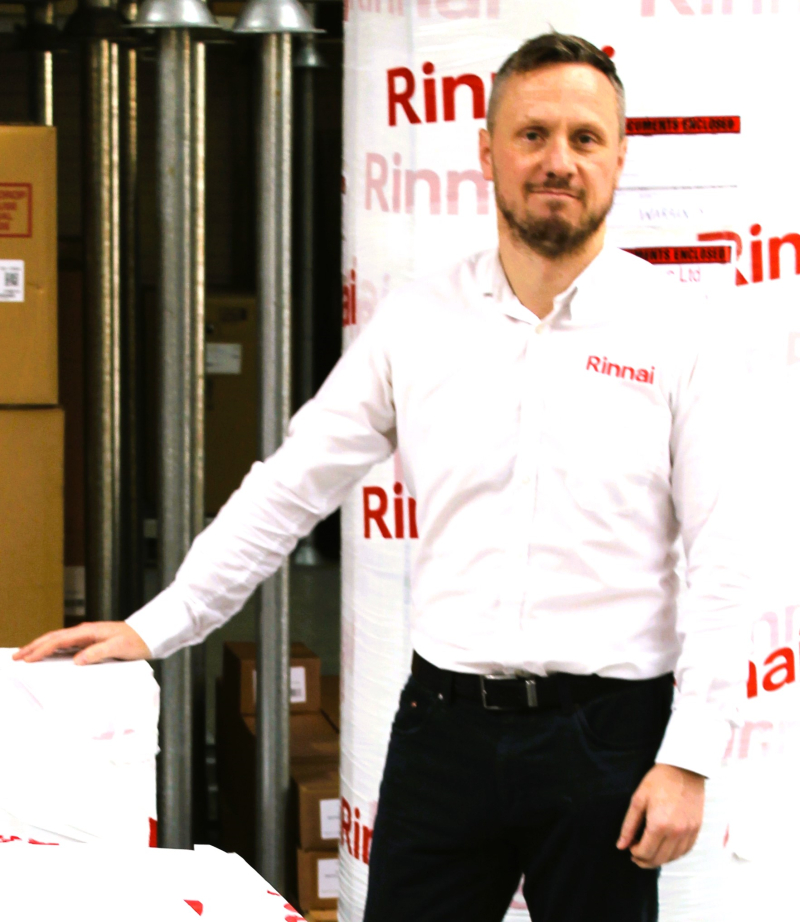Rinnai has welcomed the UK Govt’s policy paper “Biomass Strategy 2023.” that outlines the growing importance of biomass fuels as well as a future expansion which will see production levels rise. Biomass energy is comprised of materials of biological origin such as plants, wood and waste (manure).
Professor Paul Monks, the Chief Scientific Advisor to the Department of Energy Security comments in the report,” The United Kingdom has set an ambitious target to achieve net zero greenhouse gas emissions by 2050. Meeting this target will require a significant shift in our approach to energy and low carbon technologies. There has never been a more crucial time to take action.
“Biomass can play a significant role in decarbonising nearly all sectors of the economy. The UK is already a global leader in biomass policy and technologies, with biomass accounting for 8.6% of our energy supply in 2022.” Biomass materials are nationally sustainable with 66% of domestic biological ingredients deriving from the UK.
UK policy makers are keen on introducing alternative energies that prevent the release of emissions and provide clean power to commercial and domestic applications. Another form of alternative bioenergy is DME. DME is renewable dimethyl ether and it is produced from renewable and recycled carbon feedstock. It is a clean-burning fuel which is chemically like propane and butane, so it behaves in the same way as LPG.
Just like LPG, DME is easily and safely transported as a liquid in pressurised cylinders and tanks. It is specifically important to off grid sites up and down the UK.
DME is a simple solution that allows commercial and residential users to further reduce their greenhouse gas emissions and transition to a more sustainable future.
DME maintains a low greenhouse gas footprint, reducing emissions by up to 85% compared to fossil fuels. Depending on the feedstock and production process used, DME can even have negative greenhouse gas emissions.
Says Rinnai’s Chris Goggin, Operations Director, “We are in advanced developments of DME heating and hot water units that deliver identical operational performance results to that of a traditional water heater. Rinnai has already produced water heaters that accept LPG and BioLPG in anticipation of widespread carbon clean fuels being introduced into the UK energy market.
He continues, “Rinnai fully endorse the UK’s Biomass Strategy and constantly strives for technological solutions that encourage carbon neutrality and economic use for customers. Rinnai continue to design and manufacture pragmatic, economic and technically feasible products that are aimed at low and no carbon solutions.
He adds, “Rinnai understand that policy shifts affect the options of UK customers who seek decarbonising products. Rinnai is working hard to navigate any divergence in future UK power policy by providing multiple products that operate on electrical power with our Heat Pump and direct electrical ranges and gaseous fuels including Hydrogen and DME. The latter has a potentially huge role in supporting off grid sites that require practical, technological and economically viable solutions.
